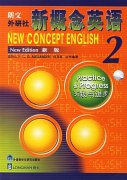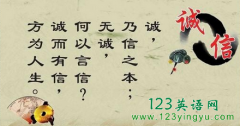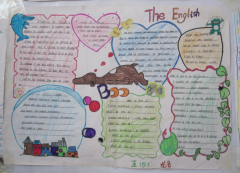初中英语语法大全:形容词和副词(3)
编辑:高中作文网他常常早到校。
3.程度副词有下列二种情况
a.修饰动词时,它在句中的位置与频度副词的情况相似。
He is almost forty years old.(在be动词之后)
他快四十岁了。
注意
如果句末同时有几个副词,它的基本顺序是:方式副词+地点副词+时间副词。
He can hardly understand you.
(在情态动词之后)
他几乎听不懂你的活。
I like the boy.(在实义动词之前)
我相当喜欢这个男孩子。
b.修饰形容词、副词时,放在它所修饰的词的前面。
He studies much harder now.
现在他学习努力多了。
The room is big enough to hold fifty persons.
(enough修饰形容词)
这个房间够大的可以容纳50人。
He runs fast enough.(enough修饰副词)
他跑得够快的。
注意:副词very 可以修饰形容词,但不能修饰动词。
改错:(错) I very like English.
(对) I like English very much.
注意:副词enough要放在形容词的后面,形容词enough放在名词前后都可。
I don't know him well enough.
There is enough food for everyone to eat.
There is food enough for everyone to eat.
6 兼有两种形式的副词
1) close与closely
close意思是"近"; closely 意思是"仔细地"
He is sitting close to me.
Watch him closely.
2) late 与lately
late意思是"晚"; lately 意思是"最近"
You have come too late.
What have you been doing lately?
3) deep与deeply
deep意思是"深",表示空间深度;deeply时常表示感情上的深度,"深深地"
He pushed the stick deep into the mud.
Even father was deeply moved by the film.
4)high与highly
high表示空间高度;highly表示程度,相当于much
The plane was flying high.
I think highly of your opinion.
5) wide与widely
wide表示空间宽度;widely意思是"广泛地","在许多地方"
He opened the door wide.
English is widely used in the world.
6) free与freely
free的意思是"免费";freely 的意思是"无限制地"
You can eat free in my restaurant whenever you like.
You may speak freely; say what you like.
7某些副词在用法上的区别
(1) already, yet, still
already表示某事物已经发生,主要用于肯定句;yet表示期待某事发生,主要用于否定句和疑问句;still表示某事还在进行,主要用于肯定句和疑问句,有时也可用于否定句。如:
We've already watched that film.
I haven't finished my homework yet.
He still works until late every night.
(2) too, as well, also, either
too, as well和 also用于肯定句和疑问句,too和as well多用于口语,一般放在句末,而also多用于书面语,一般放在句中与动词连用。either用于否定句和否定的疑问句,往往放在句末。如:He went there too.
He didn't go there either.
I like you as well.
I also went there.
8 形容词与副词的比较级
⑴ 规则变化
变化规则 example
1.一般在词尾直接加-er或-est Tall-taller-tallest, long-longer-longest
2.以不发音的字母e 结尾的单词在词尾直接加-r 或- st Nice-nicer-nicest, large-larger-largest
3.以辅音字母+ 结尾的词,把 y变为i ,再加er 或 est Heavy-heavier-heaviest
Happy-happier-happiest
4.重读闭音节,末尾只有一个辅音字母,双写这个辅音字母,再加er 或 est Big-bigger-biggest
Fat-fatter-fattest
5.部分双音节词和多音节词分别在原级前加more 构成比较级和most 构成最高级 Slowly-more slowly-most slowly
Beautiful-more beautiful-most beautiful
⑵ 不规则变化
原级 比较级 最高级








